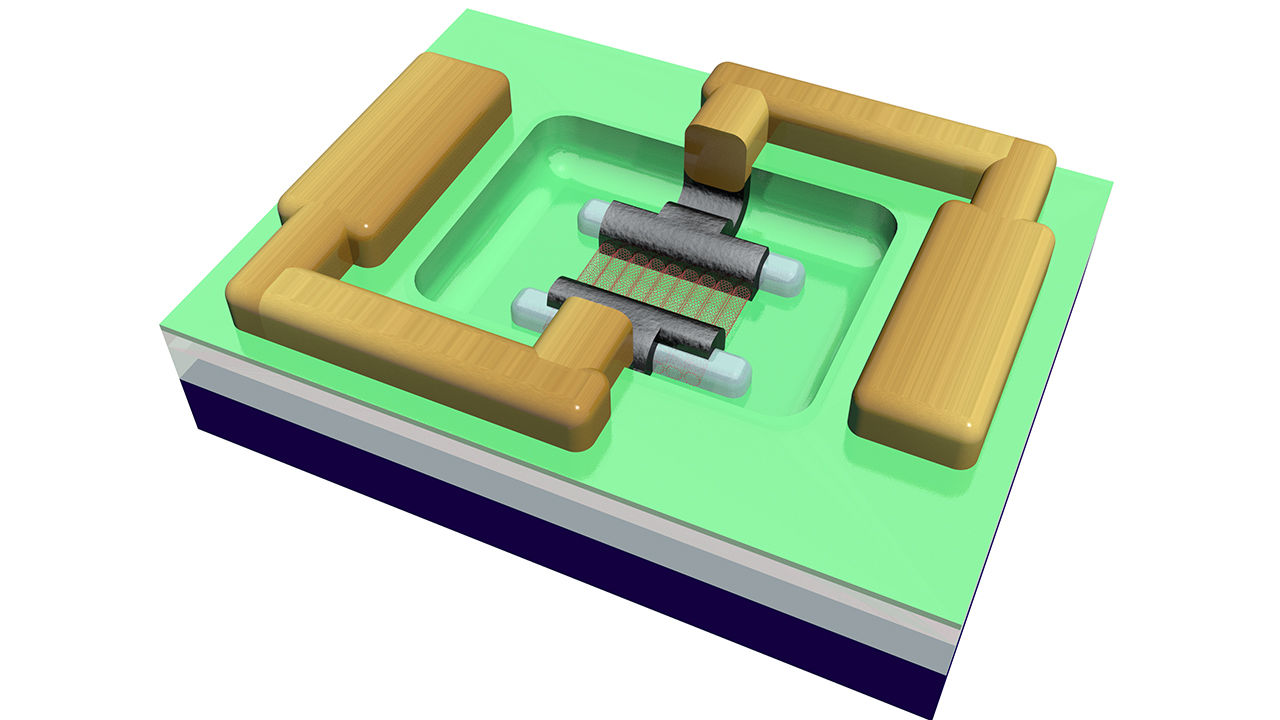Nectome doctor-assisted suicide and uploading versus Alcor Cryonic resuscitation
Nectome wants to preserve your brain and at some point in the future they would digitize your memories to upload your consciousness. Alcor wants to preserve your brain and body so that when future technology is available your brain and body can be repaired at the molecular level and you can be revived. Nectome wants …











